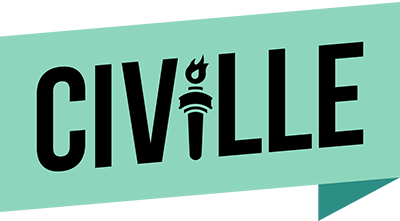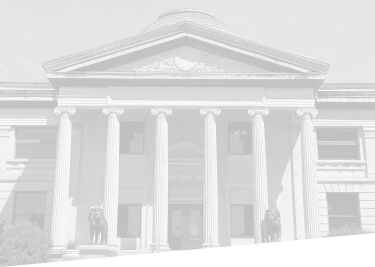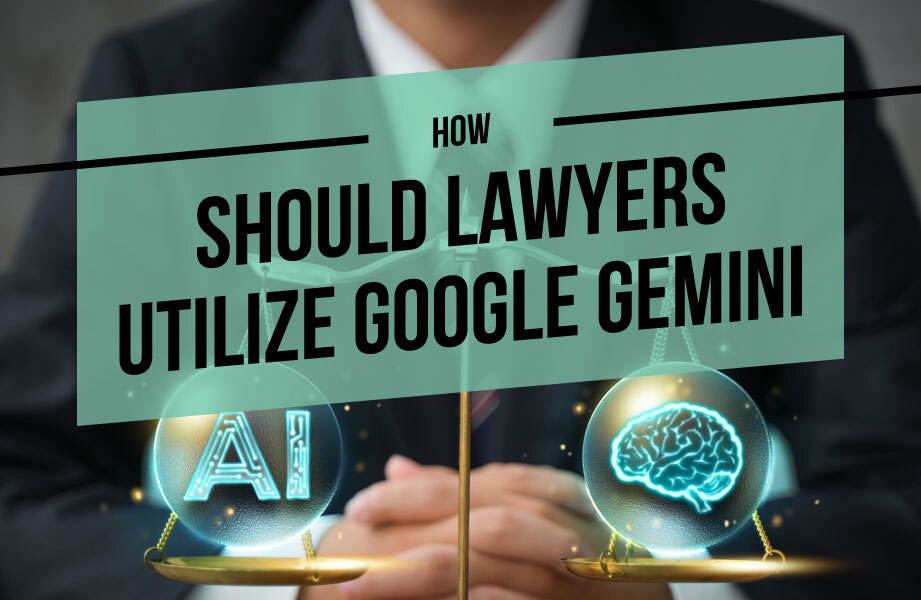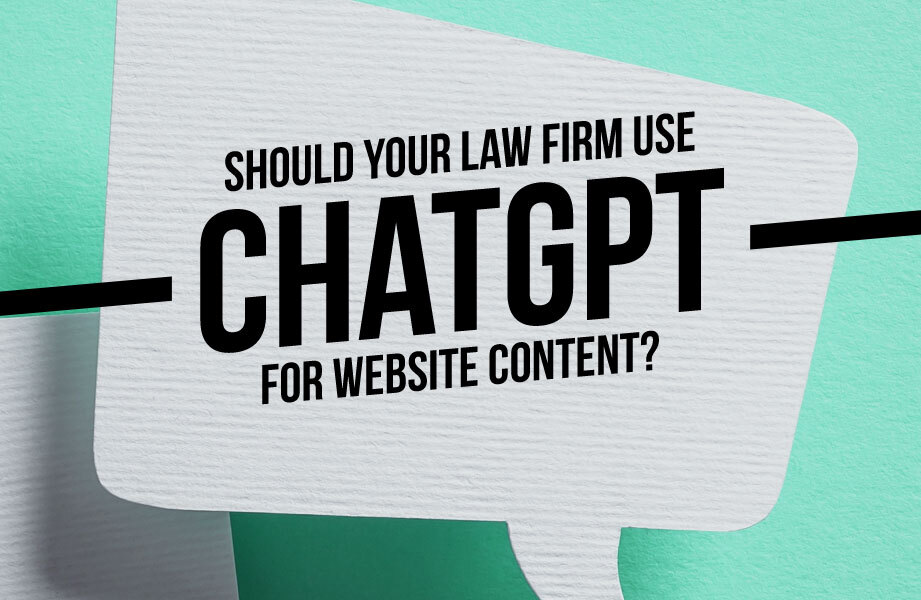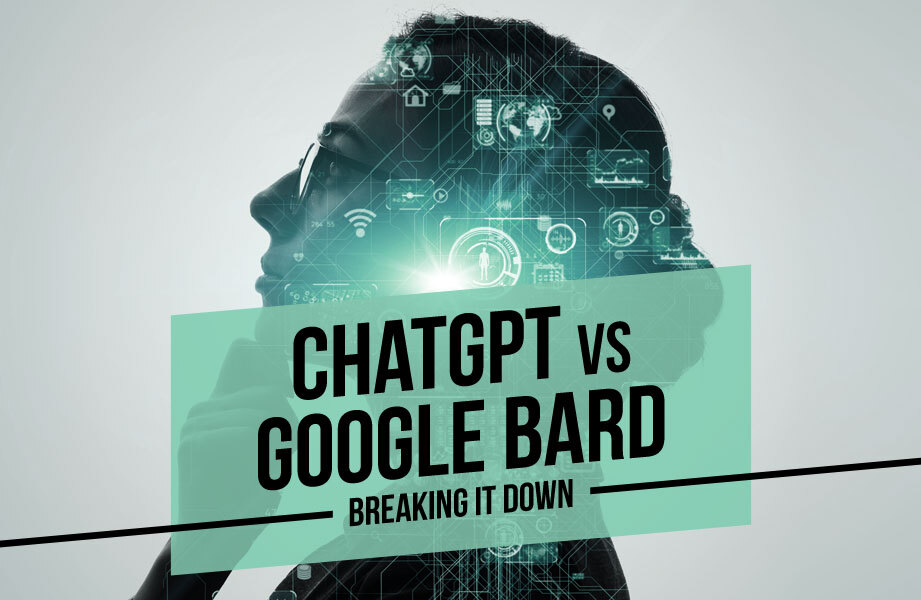
It’s hard to avoid the ChatGPT noise in the last few weeks.
In only two months since first hitting the scene, the AI tool has amassed an incredible 100 million users. And while we are keeping close tabs on it all, we’ve already weighed in on how we feel about utilizing it for your website content.
That being said, there are certainly real-world uses for ChatGPT that aren’t abusive in SEO, including keyword research, topic generation, and even schema markup. If leveraged correctly, and if Google follows its own guidelines, content writers and white-hat SEOs can sleep a little easier.
And speaking of Google, the search giant essentially fast-tracked its own search-driven AI functionality, coined Bard, to try to stave off some of the momentum of the Microsoft-backed ChatGPT. In fact, the early release is part of a “code red” plan by Google to not be left behind in AI search.
This all begs the question:
What is the Difference between ChatGPT and Google Bard?
Their Data Sources are Different
The pools of data that the tools draw information from may have some overlap but are largely different.
Specifically, ChatGPT has been fed a huge amount of data in which to provide answers to user inquiries. This data is limited to events that happened in 2021, meaning you can’t ask it about the 2023 Super Bowl MVP.
Google Bard, however, is utilizing information already available on the internet, meaning it has the ability to be more up-to-date in what it provides, depending on the inputs. As expected, it also has access to the immense Google database, giving it a perceived advantage in data to pull information.
They Work on Different Language Models
ChatGPT and Bard are both essentially chatbots that are trained with language models. They provide answers based on probability and statistics utilizing very large data sets.
ChatGPT works off of the GPT3 model, which essentially feeds it large data sets, which to this point, end in 2021. Bard works off of the LaMDA, or Language Model for Dialogue Applications. Google claims this to be a much more robust model, that can combine human knowledge with machine learning.
They Provide Data Differently
Everyone that has used and leveraged ChatGPT at this point understands that is an OpenAI tool that is meant to function in a chat capacity. Quite simply, this means that it acts more like a chat tool, providing answers to questions that are asked. It can also string answers together in a conversational way.
Google Bard has a different agenda, with the goal being to spread knowledge and even have the ability to teach, to some degree. The idea here is that it provides digestible chunks of information on a variety of subject matter related to the inputs from the user, instead of answers to a specific prompt.
Factual Information is Still Hard to Prove
With both ChatGPT and Google Bard have piqued public interest, with ChatGPT already showing off its muscle on users, they both still have issues with facts.
For AI to work, it has to be scraped from factual information. When AI is allowed to run free (as it is expected many users are already flooding the internet with AI-generated content) it creates an issue with an information loop. AI could essentially be scraping information from other AI-generated content, allowing misinformation to spread throughout the internet.
This is where the good news lies for content creators and others that may be concerned with the emergence of this technology. At some point, there is information in every vertical that is so new or nuanced, that a person with knowledge has to generate it.
This “source of truth” could and frankly should be the future of search. AI content can already be detected. Those providing real value with quality and accurate human-generated content should still be rewarded in the results. Not to mention, if and when an algorithm shakeup for AI happens, the people utilizing AI in the right way (for research, keywords, etc) – and not taking the lazy approach of content generation – will be rewarded.
